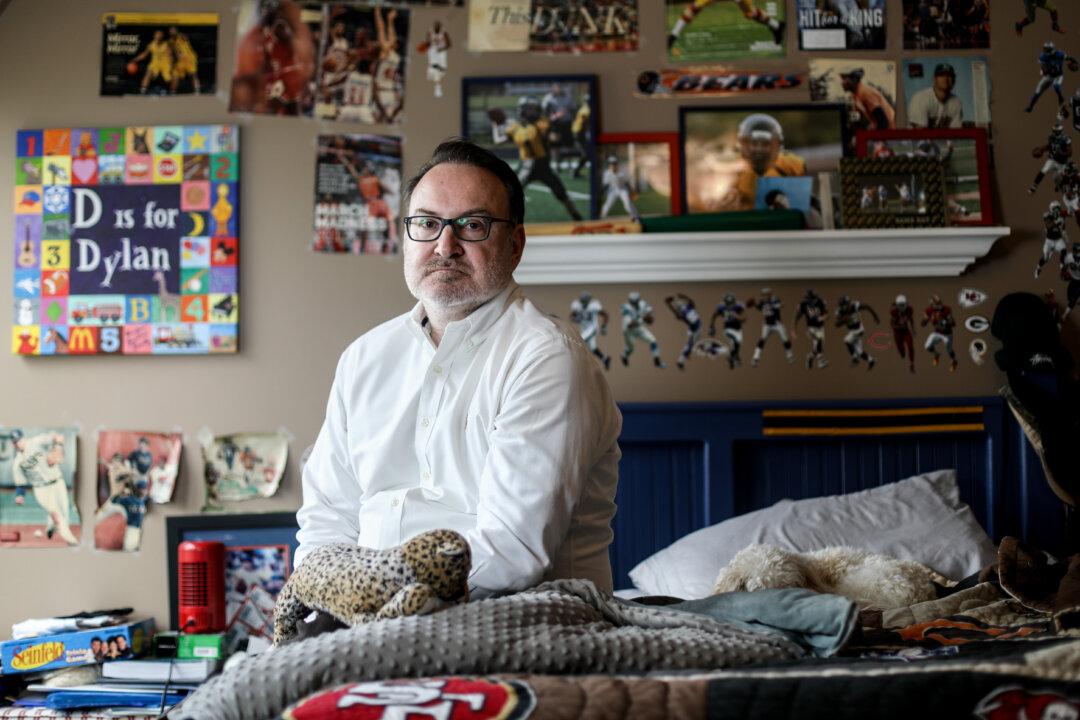NORTHBROOK, Ill.—Dylan Buckner’s bedroom looks like a typical teenager’s room, filled with sports trophies and plastered with posters of football stars.
Chris Buckner, Dylan’s father, points to photos and toys of cheetahs, saying Dylan liked the animals because of their speed. He gestures to a large model of a fish, a life-sized replica of the first one he caught with Dylan.





